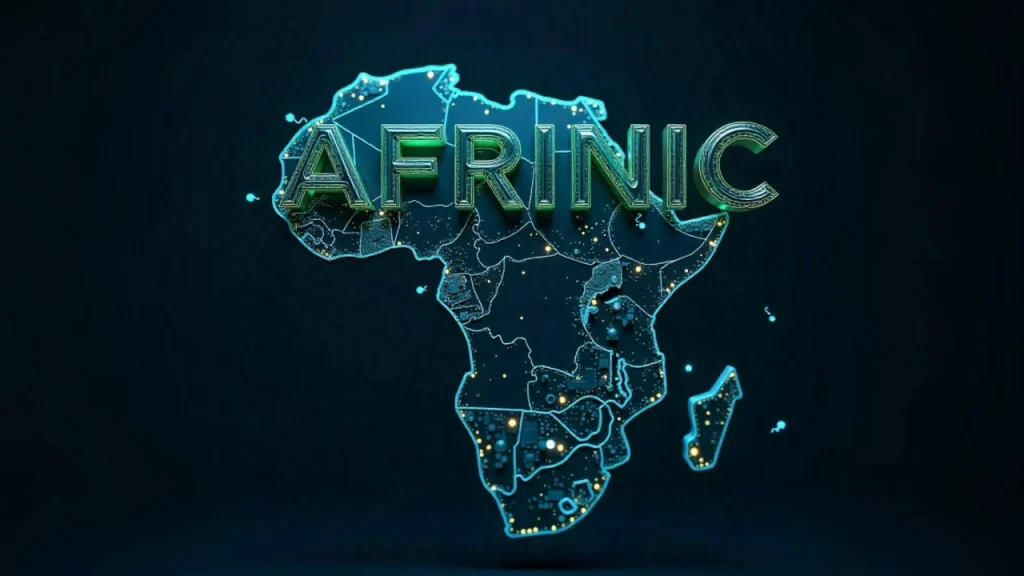- Most African tech startups access AFRINIC resources indirectly and therefore lack voting power or policy influence.
- Low participation leaves governance decisions to legacy actors and weakens Africa’s voice in global internet policy.
Structural barriers keep startups out
Although AFRINIC‘s electoral system is technically open to all resource members, most startups do not hold direct membership. Many rely on telecom carriers, hosting providers or cloud platforms to access IP resources, which means they are not registered voters and do not receive policy updates or election notices. Even among direct members, administrative requirements, unclear proxy rules and limited digital support discourage participation.
The annulment of the June 2025 board election—triggered by a dispute over a single proxy—reinforced the perception that the process is fragile, slow to adapt and not designed with smaller digital actors in mind. Communication channels such as the members’ mailing list remain dominated by incumbents and policy insiders, while outreach to tech hubs and early-stage companies is minimal. With legal intervention from ICANN and ongoing procedural scrutiny, many startups see little reason to invest time in an electoral process that appears uncertain and externally driven.
Also read:AFRINIC’s elections in global perspective
Also read:How AFRINIC board elections affect IPv4 and IPv6 allocation in Africa
Startup silence shapes outcomes
When startups stay out of AFRINIC elections, decisions are left to a narrow circle. Large telecom operators and regulators then shape outcomes with little challenge. This weakens diversity in policy debates. Other Regional Internet Registries offer a sharp contrast. APNIC, RIPE NCC and ARIN use simple online voting tools and direct engagement channels. Smaller members participate more often, and their input influences how resources are managed. Africa does not benefit from that same balance. The absence of younger tech firms limits innovation in discussions on IPv6 allocation, resource transfers and digital sovereignty.
The consequences extend beyond the region. International forums expect broad and active participation from all member types. When startups remain silent, Africa loses credibility and negotiating strength. Analysts have cautioned that this vacuum encourages external interference and concentrates authority among legacy actors. Reform is necessary if the system is to remain legitimate. Clearer eligibility rules, targeted outreach and more accessible communication could help smaller companies engage. Without these changes, key decisions about Africa’s internet future will continue without those building its digital economy.

